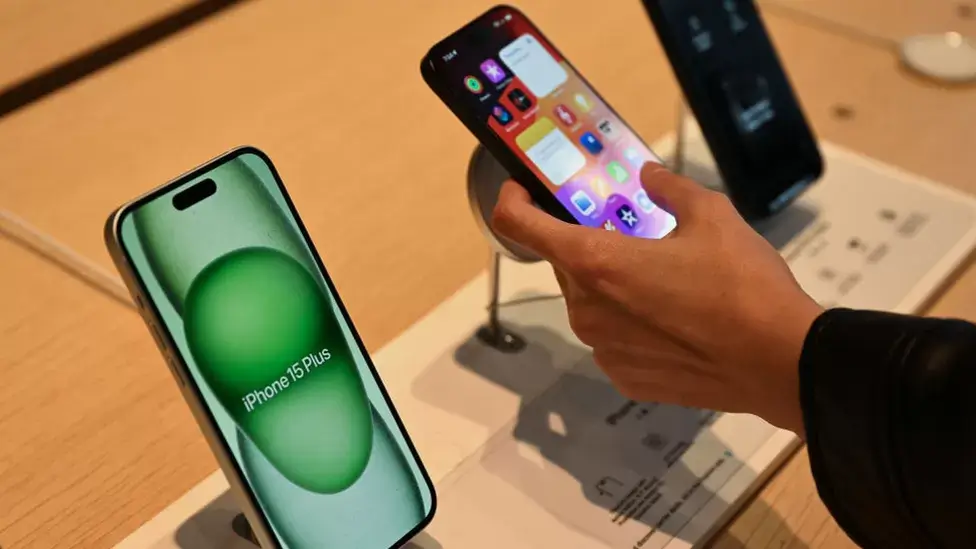In recent months, Apple has faced a wave of criticism and user complaints regarding the overheating issues experienced by some iPhone 15 users. Since the launch of the latest iPhone model in September, a considerable number of customers have taken to social media platforms to express their concerns about the devices becoming excessively hot to touch. Apple, in response to these complaints, has attributed the problem to a bug in its operating system, iOS 17, as well as updates to popular third-party apps such as Instagram.
The company acknowledged the presence of a bug in iOS 17, the most recent version of its software designed for the latest iPhone models. This bug, according to Apple, has been contributing to the abnormal heating of the iPhone 15. Additionally, Apple identified that recent updates to third-party applications, including popular ones like Instagram, Uber, and the video game Asphalt 9, have been overloading the system, further exacerbating the overheating issue.
To address these concerns, Apple assured users that it has been actively working on fixes. Instagram, one of the apps implicated in the problem, has already resolved the issue with its application. Apple also clarified that the upcoming iOS 17 bug fix will not compromise the device’s performance but will specifically target the overheating problem.
It’s worth noting that while it’s common for smartphones, including previous iPhone models, to generate heat during initial setup or backups due to the intense processing power being utilized, the iPhone 15’s overheating problems seem to be beyond the norm. Despite these challenges, Apple emphasized that the overheating does not pose any safety or injury risk and will not have a detrimental impact on the long-term performance of the affected devices.
Furthermore, Apple took the opportunity to dispel rumors related to the overheating problem. The company clarified that the issue is not linked to the new titanium casing introduced in the iPhone 15 Pro and iPhone 15 Pro Max, which replaced the stainless steel used in older models. Additionally, Apple debunked speculation that the problem stemmed from the new USB-C port, which was implemented to comply with a mandate issued by European regulators.
while iPhone 15 users have faced overheating challenges due to a bug in iOS 17 and certain third-party app updates, Apple has been diligently working on resolving these issues. Users can expect fixes to be rolled out soon, ensuring that their devices function optimally without compromising performance. Apple has assured its customers that the problem is not a cause for long-term concern and reaffirms its commitment to providing a seamless user experience with its devices.





